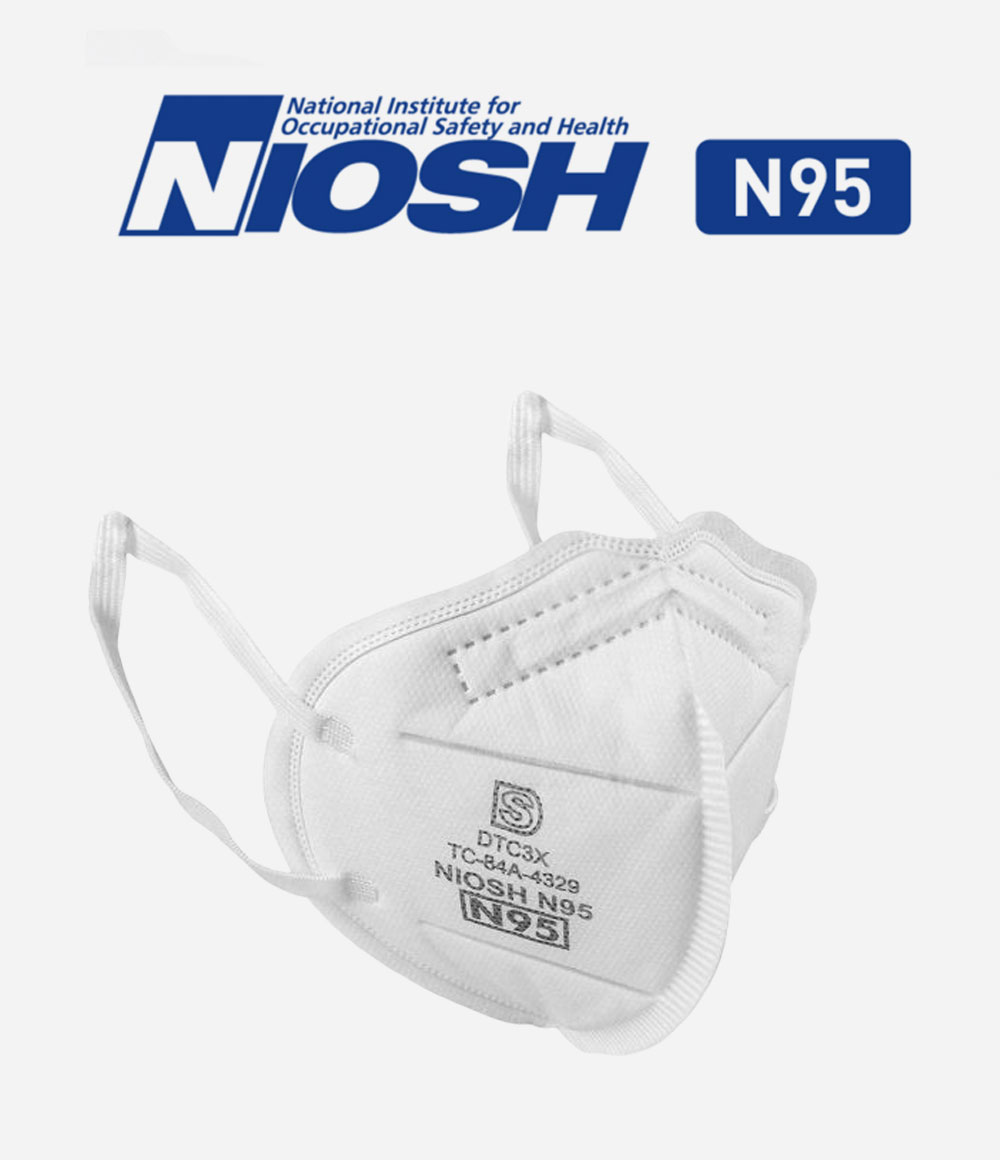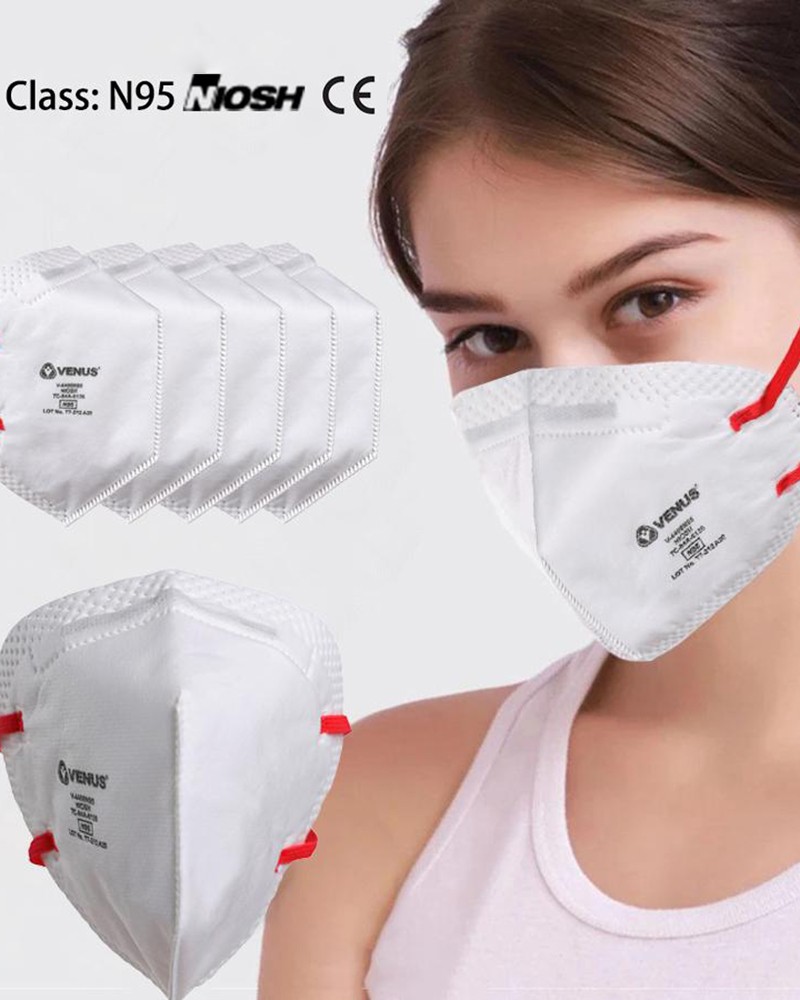Iii. N95 application process
For manufacturers applying for N95 for the first time, the application is divided into two stages:
Phase one. Submit a questionnaire (provided by NPPTL) and photos (factory appearance, product line, etc.) to NPPTL for evaluation. After NPPTL passes the evaluation, NPPTL will give the manufacturer an enterprise code and other relevant information. The first stage is completed. The first phase will take about three weeks to one month to complete from the start of submission.
Phase two. After the completion of phase 1 and receipt of the documents from NPPTL, prepare the detailed application materials. In addition to filling in the standard forms, enterprises should also provide the following materials that meet the requirements of the standard:
Pre-test data,
Drawings,
Assembly Matrix,
Draft approval labels,
QA manual,
Process Quality Control Plan,
Service Life Plan,
The User 's Instructions,
Test samples and Hardware.
The test fee shall be paid in advance along with the submission of materials. If the submitted materials are not qualified, NPPTL will require rectification and re-supply. Everything is going well. The second phase will take about 3-4 months from the date of submission.
After a manufacturer receives N95 certification, NIOSH conducts annual spot checks on the manufacturer's certified products on the market to determine whether the manufacturer consistently meets N95 requirements.
Iv. Notes for N95 application
1. The N95 certificate will only be issued to the entity that can control the design of the product. Only the manufacturer and designer (OEM by others) can apply. Neither the importer nor any distributor can be the beneficiary of the N95 certificate, that is, the N95 certificate will not be issued to them, either for secondary conversion or for their reapplication (for the manufacturer's products).
Manufacturers can apply for N95 by themselves, or entrust professional consulting companies to handle it for them.
2, N95 certification charges by model, the more model the more expensive, the specific classification is determined by NPPTL evaluation, that is to say, if the manufacturer provides a series of models, there are several smaller models below, NPPTL may require the manufacturer to divide the model into details, thus increasing the cost.



